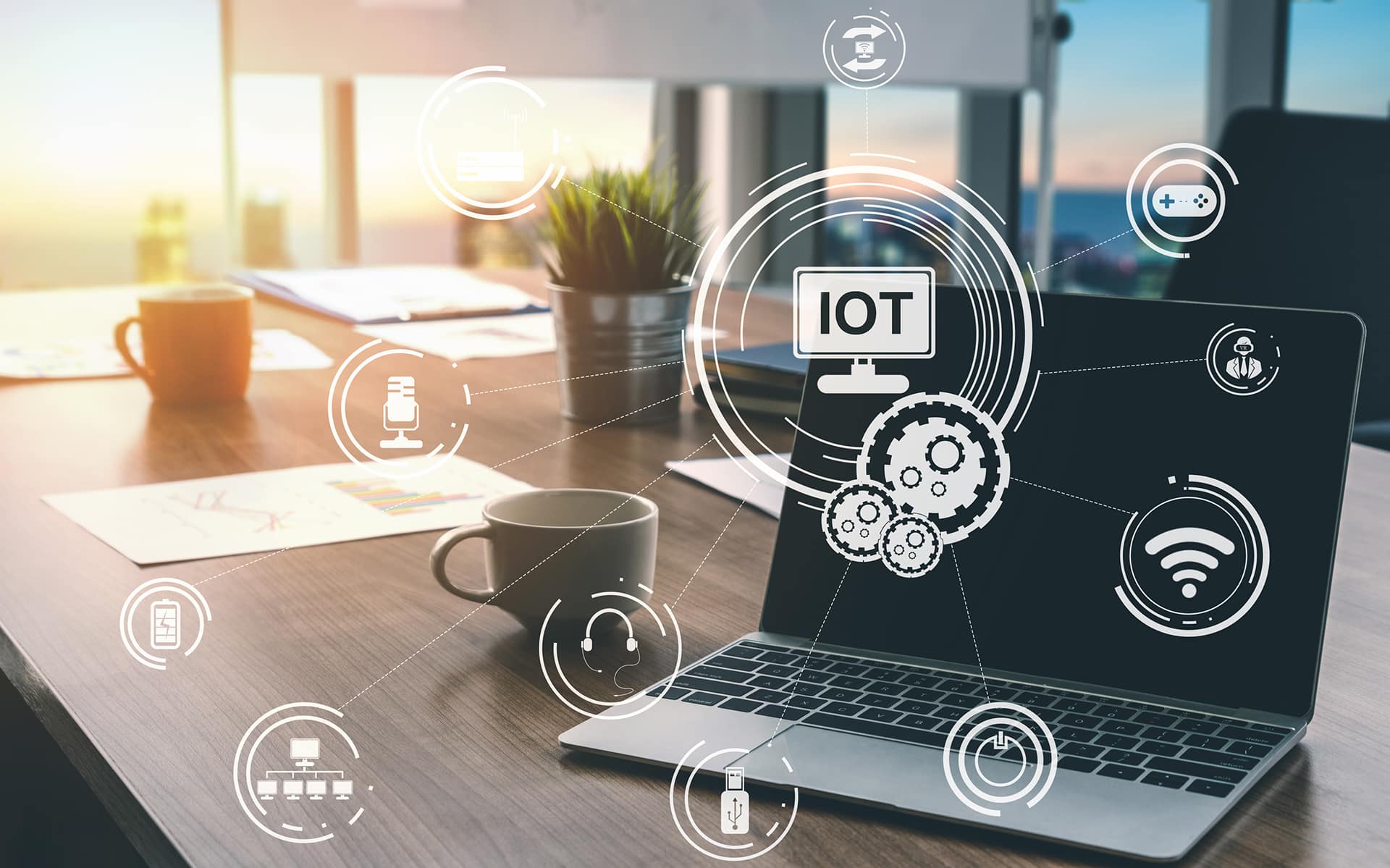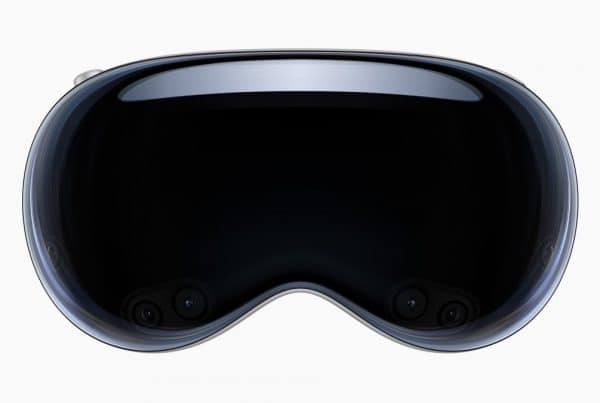The Internet of Things (IoT) is transforming every industry. From smart thermostats helping utility companies offer better value to connected cars enabling manufacturers to offer new services, many businesses are already benefitting from IoT. However, we’re only beginning to understand its full potential.
Whatever sector you’re in, your business can benefit — in all kinds of ways. Connecting your products or the assets around your operations can help you generate new revenue streams. It can also build closer relationships with your customers, cut costs, improve safety, reduce downtime, improve sustainability, and make better decisions every minute of every day.
Businesses around the world are recognising the potential that IoT offers them. In fact, 85% of companies agreed IoT will be “critical” for the future success of any organisation in their sector.
What is the Internet of Things?
IoT technologies make it possible to connect assets of all kinds — everything from industrial machinery to heart monitors, streetlights to cars. These assets are equipped with sensors that monitor their environment, and with a network connection so they can communicate. Businesses can use IoT to gather data about what’s happening in their operations in real time, supporting decision making.
Retail
Retailers are using IoT to revolutionise the retail shopping experience. In effect, this is by building in-store engagement, enhancing their marketing, monitoring footfall and maximising supply chain visibility.
Automotive and Transport
The connected vehicle is the most important automotive innovation in a generation. But we’re also seeing an overhaul of the entire automotive ecosystem that’s changing the way we think about transport.
Utilities
Utilities is one of a cluster of industries expected to fully embrace and benefit from IoT technologies in the coming years. The early strides have in fact already been made within the sector, smart meters within homes being one notable example of how IoT can impact consumers and utilities suppliers alike. Such devices enable customers to remotely track and manage their energy usage, for example, helping them to better manage their overall consumption, and ultimately save money – and be more environmentally friendly – as a result.
Smart Buildings
IoT can help make the buildings into Smart Buildings in which we live and work more comfortable, efficient and secure.
Healthcare
IoT is transforming the healthcare sector. By connecting medical devices and sensors, IoT enables patients to receive more personalised care and live more independently. It’s also improving the effectiveness of clinical trials and ensuring cold chain integrity.
Agriculture
IoT is transforming the way farmers collect data on their crops, livestock and machinery — and it’s enabling them to make more informed decisions about the future. This is having a significant impact on agricultural efficiencies and yields. It’s giving farmers more control and visibility of their business.
Insurance
IoT is already transforming automotive insurance. And it’s set to expand to other industries — having a similar impact for home, contents and health insurance. In the future, insurers will be the single touchpoint to monitor and manage customers’ risk.
Industrial and Manufacturing
From the factory to the warehouse, IoT will cut downtime, improve safety and speed up your supply chain.






